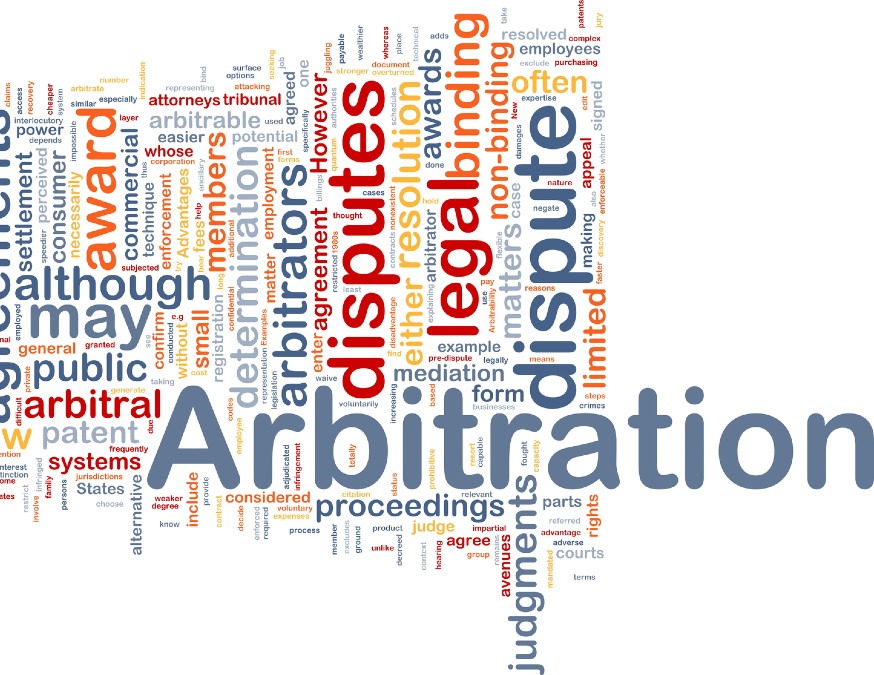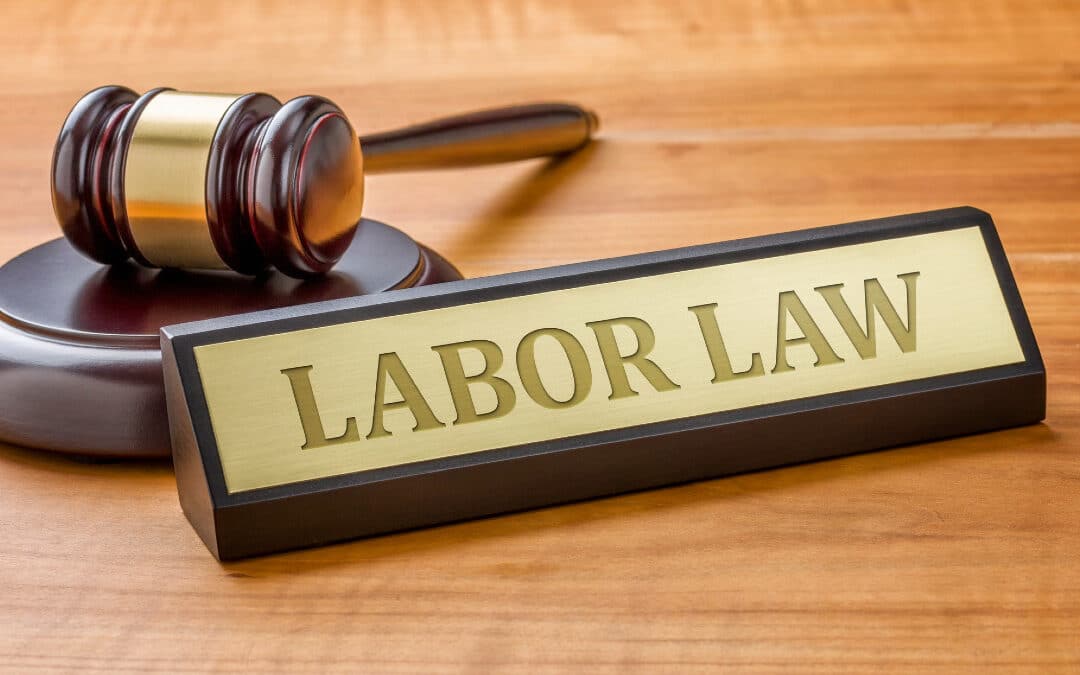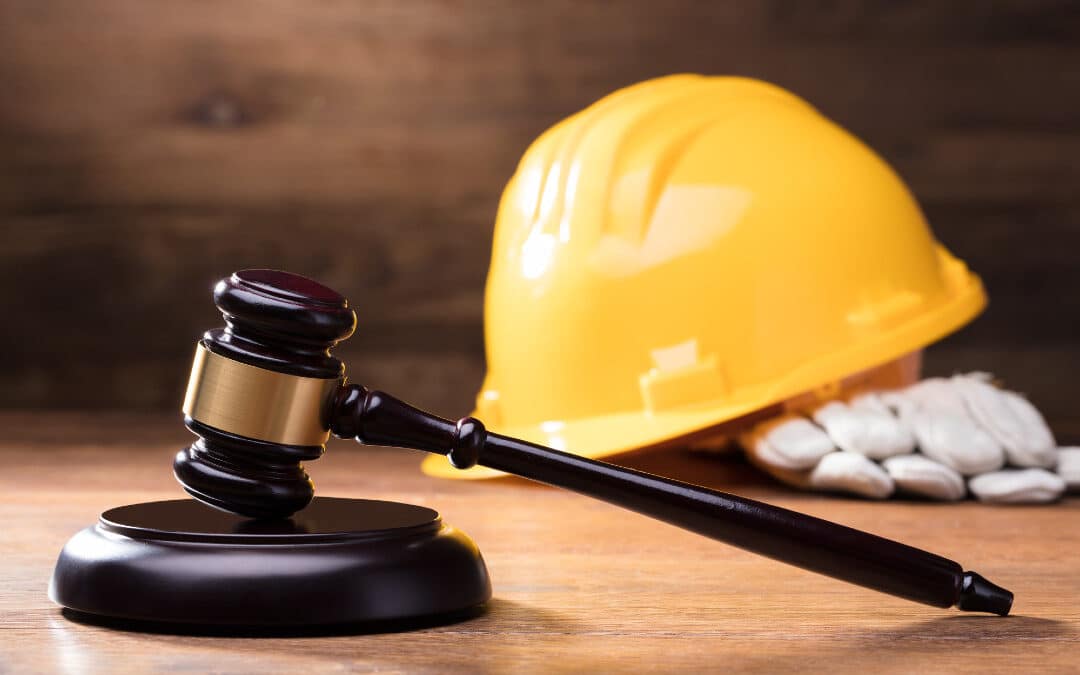
by Principle | Apr 4, 2022 | Construction Disputes, Construction Law Attorney, Mechanic’s Lien, New York
The Supreme Court, Suffolk County recently issued a decision on the applicability of NY General Business Law § 399-c to an arbitration clause in AIA contract. In a Tozzi v. McLoughlin Construction Corporation, Ind. No. 615869/2021, the plaintiff sued his contractor...

by Principle | Mar 12, 2022 | Connecticut Attorney, Construction Law Attorney, New York
Construction is considered one of the largest industries in the world but is also considered one of the slowest growing. However, new technology being introduced is looking to speed up the rate of change and a few of these are listed below. Virtual design and...

by Principle | Mar 4, 2022 | Business Litigation, Construction Law Attorney, NY Labor Law
In Foiles v Eastman, Cooke & Assoc., LLC, 2022 NY Slip Op 30342[U] (Sup Ct, NY County 2022), the plaintiff was director of security at the Hospital for Special Surgery, which was under construction. Plaintiff claimed he was caused to trip and fall due to a...

by Principle | Oct 18, 2021 | Business Litigation, Construction Law Attorney, New York City
The second part of our series on the requirements for home improvement contracts focuses on New York City. Pursuant to NY General Business Law on Home Improvement Contracts § § 770 to 776 and NYC Administrative Code § § 20-385 to 20-397, every home improvement...

by Principle | Sep 8, 2021 | Connecticut Attorney, Construction Disputes, Construction Law Attorney
Connecticut has specific provisions in the Home Improvement Act (“HIA”) as to what contractors need to ensure appears in their contracts with homeowners.[1] The statute requires contractors to make sure their contracts comply. Each contract must: be in writing; signed...

by Principle | Feb 23, 2021 | Business Litigation, Construction Law Attorney, Mechanic’s Lien, New York
In a recent case decided in Supreme Court, New York County by Judge Laurence Love, Emerald Servs. Corp. v. Empire Core Group LLC, 2021 NY Slip Op 30394(U) (February 9, 2021)[1], the court was presented with the issue whether it could use Executive Order (EO) 202.8[2]...







